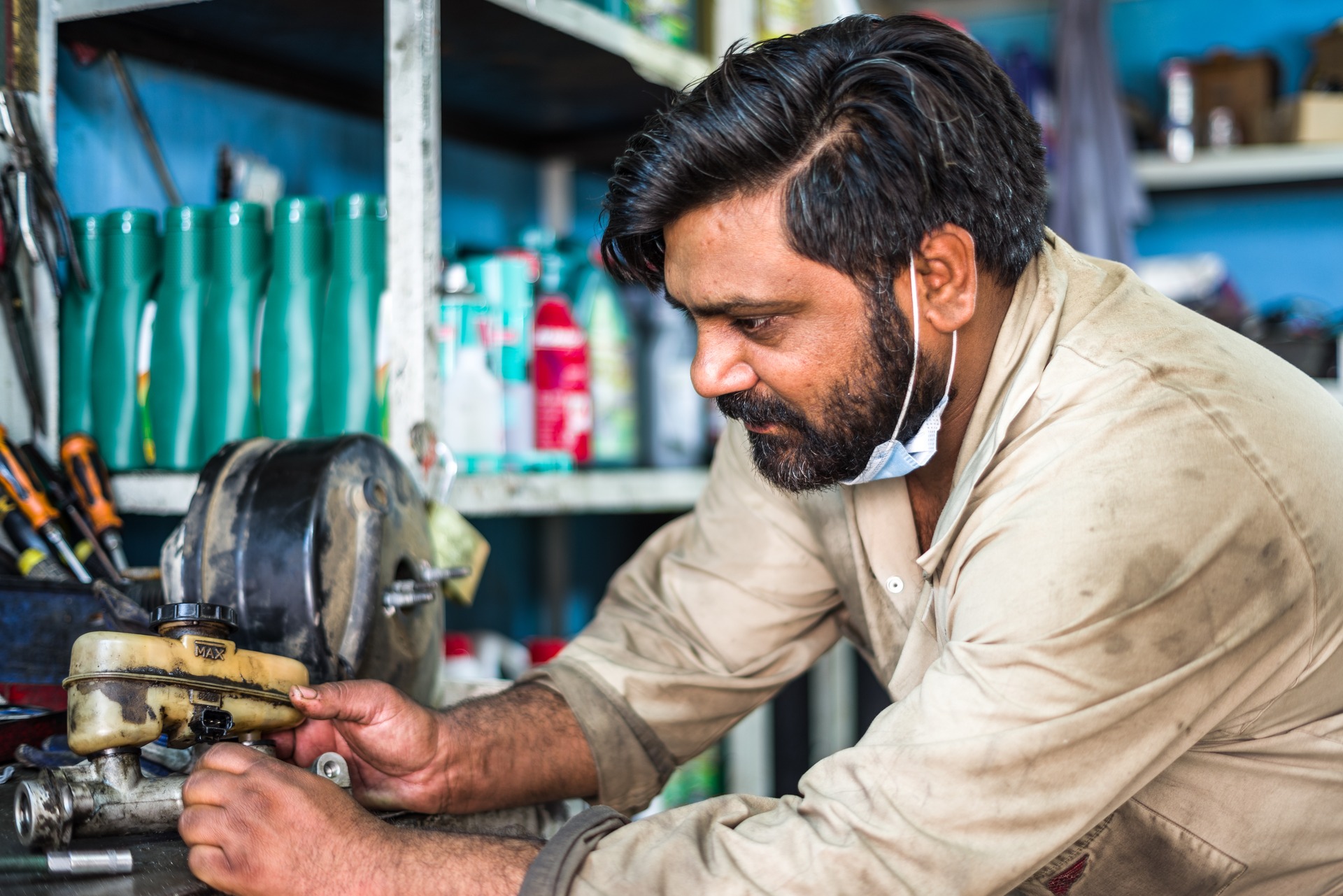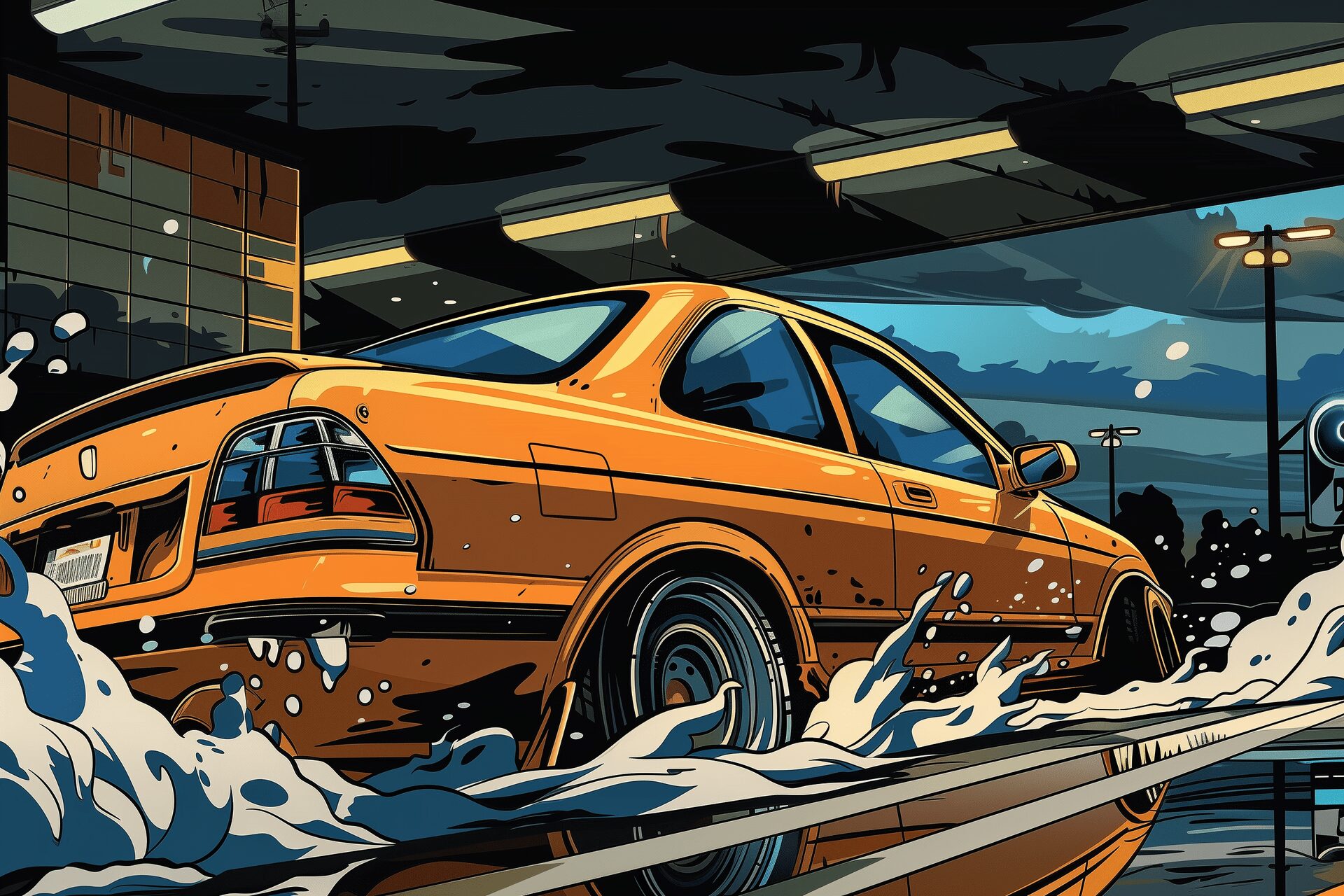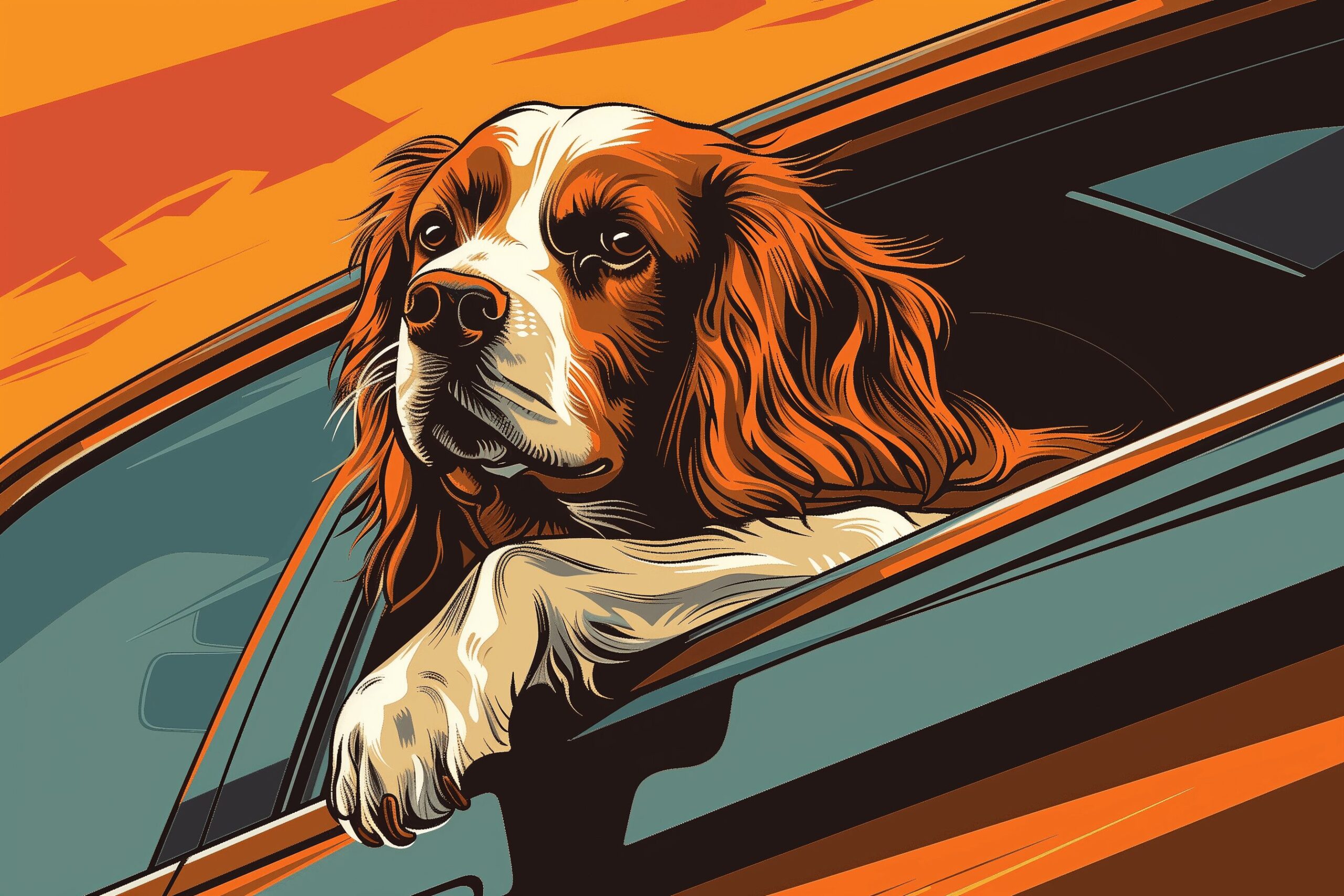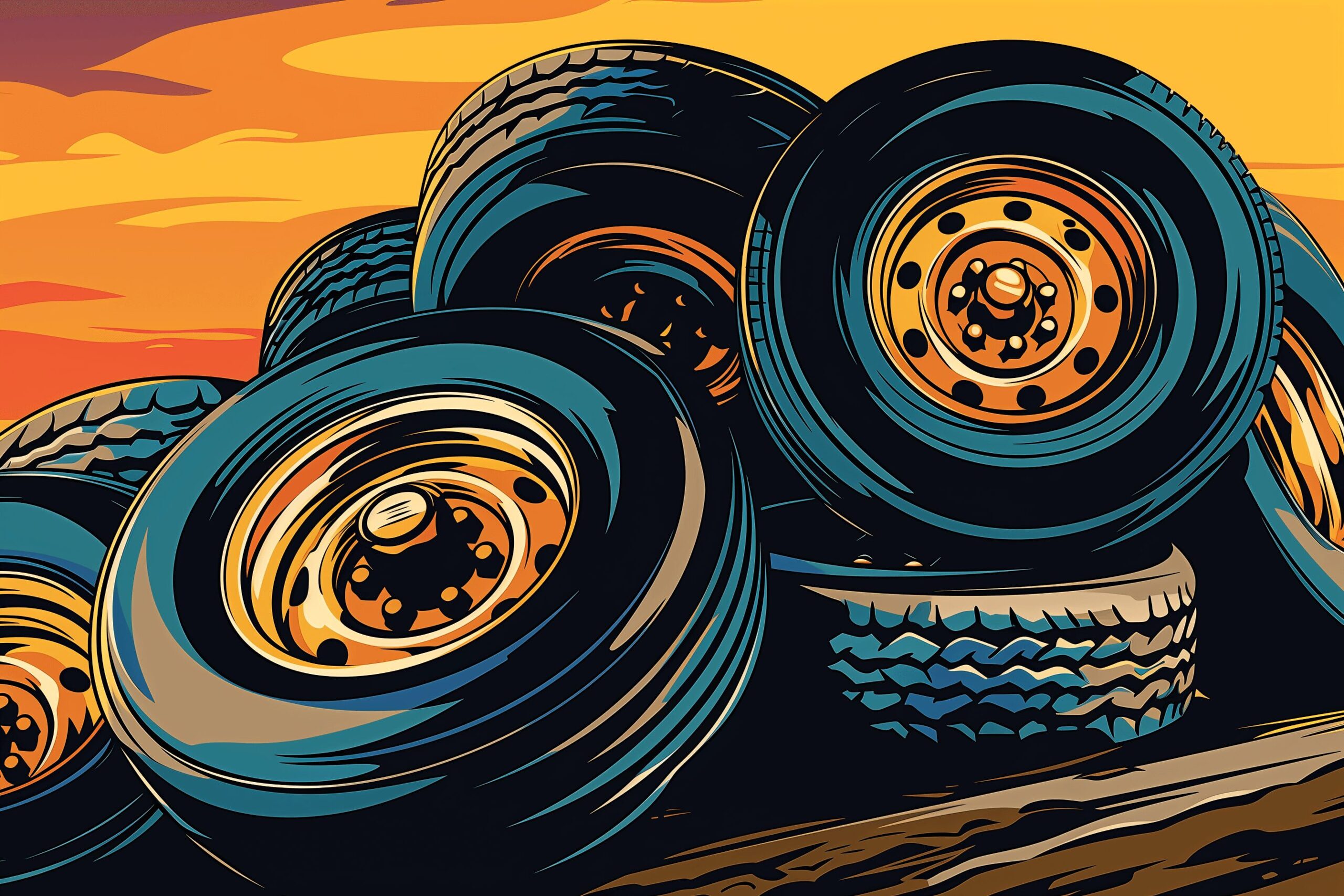Mechanic Injuries: What They Are and How to Prevent Them
Aug 16, 2016

As an Amazon Associate, Modded gets commissions for purchases made through links in this post.
Mechanics are unsung heroes. They operate behind the scenes of your car, making sure everything is in working order. Being a mechanic can be incredibly satisfying, especially when they turn the keys and the car purrs to life.
Other times, however, being a mechanic can be frustrating and downright dangerous. Mechanics don’t have it easy when it comes to avoiding injuries. Here are six common mechanic injuries and ways to prevent them.
Cuts and Burns
No matter how careful a mechanic may be, they’re still prone to mistakes. Equipment tips over, and people may fall, or tools may slip. Contact with sharp objects can leave cuts and scars. Mechanics also often work with objects that are extremely hot, which can leave burns if an accident occurs.
According to the Bureau of Labor Statistics, 44.5 percent of all injuries to mechanics were due to contact with equipment.
The solution: Wearing safety equipment is the only way to prevent this. Goggles and protective clothing should be no-brainers when it comes to avoiding cuts and burns.
Eye Damage
Working with powerful machinery means more parts can go flying if something goes wrong. Sparks also fly from cutting torches. Pieces of metal flake off of grinders as well.
Mechanic Carlos Contreras told HealthDay that you can never see an eye injury coming. He once saw a parking brake cable spring out of its box. It headed straight toward his coworker’s face, leaving a deep cut in his safety glasses. If the mechanic had not been wearing glasses, he would have lost an eye.
The solution: Contreras is now a supervisor for a Midas garage. Midas makes sure all of their employees in their company-owned garages wear safety goggles on the job. Eye protection solves virtually all eye injuries.
Cumulative Trauma Disorders
Sitting at a desk all day can still be considered work, but on a more mentally taxing level. Mechanics have to be on their feet for hours at a time, using all of their muscles to work. They lift heavy objects, bend over and under hoods as well as contort their bodies to reach the crevices of a car.
All of this stress on their body can result in cumulative trauma disorders such as arthritis. This and other disorders — pulled muscles, sprains, back pain and wrist problems — accumulate over time from repeated bodily stress.
The solution: Mechanics can be aware of the positions they use to work on cars and adjust them accordingly. The use of stepstools and lifts can also help prevent strain injuries.
Hand Injuries
Every car that is repaired or serviced has been in contact with a mechanic’s hands. Even the power tools used must be operated by hand. Simply put, a mechanic’s hands are his most important tools.
Unfortunately, mechanics often leave their hands exposed and further prone to injury. Minor injuries to the skin from chemicals and tools can leave it dry, cracked and red. That’s enough to be concerning. However, more serious injuries can cause scarring, loss of color or damage to organs.
Mechanics need to pay attention to more than just chemical spills, too. They also need to make sure the heavy objects they are working with do not fall because a falling heavy object can easily crush a mechanic’s hands.
The solution: Mechanics should wear heavy-duty gloves. When delicacy is paramount, a pair of light gloves would still be preferable to none at all.
Knee Injuries
Mechanics get down on their hands and knees all the time to inspect vehicles. This is why knee injuries are one of the most common mechanic ailments.
The solution: Knee protection mats are inexpensive and can be set on the floor in seconds. They provide a soft surface for mechanics while they move around the bottom of a car.
Exposure to Chemicals/Gasoline Fumes
Auto shops do not smell nice. The air is filled with the smell of industrial chemicals and gasoline. Even certain auto parts can contain asbestos. This compound increases risk of cancer and respiratory diseases. Other products contain lead, which causes kidney disease, neurological disorders and even death.
Mechanics have to work around these fumes and compounds all day, and long-term exposure can be fatal.
The solution: Facemasks can be worn to block out harmful chemicals.
Minimizing Mechanic Injuries
Mechanics play a vital role in keeping cars in working order and on the road. It’s also a rewarding job to be involved with if you are mechanically inclined.
But it does have inherent risks. However, with the right precautions, both reward and safety can be components of a typical work day.





